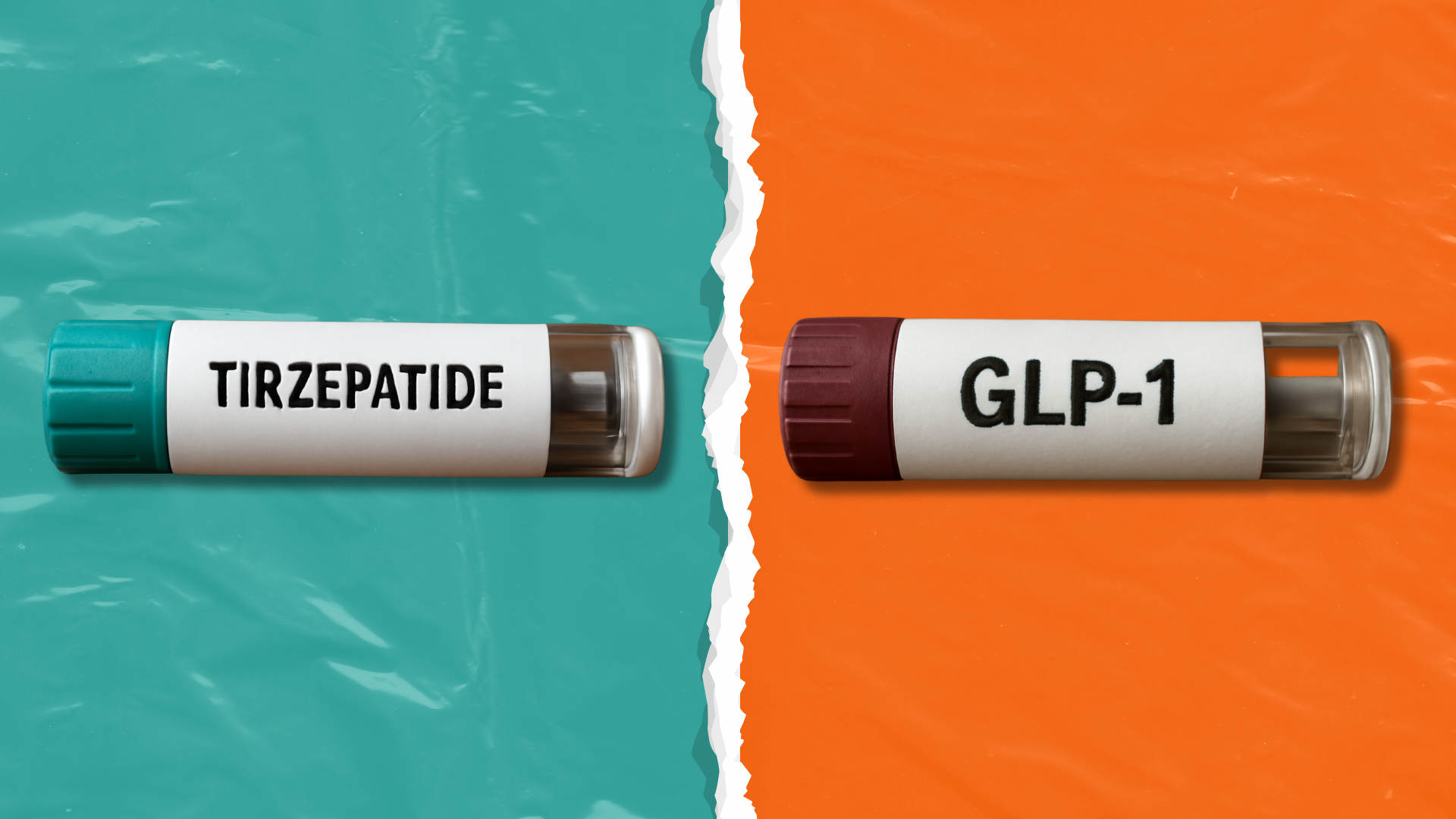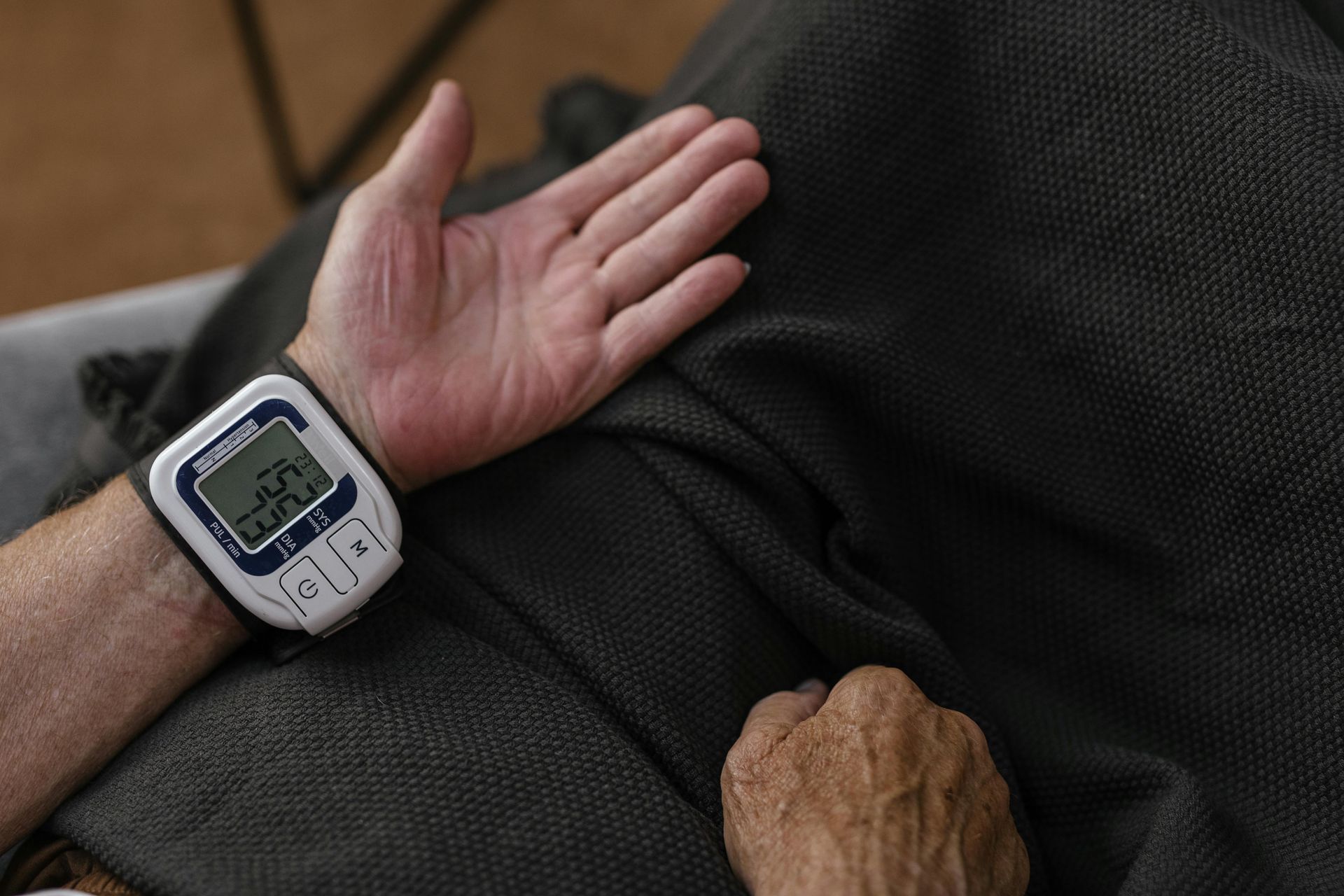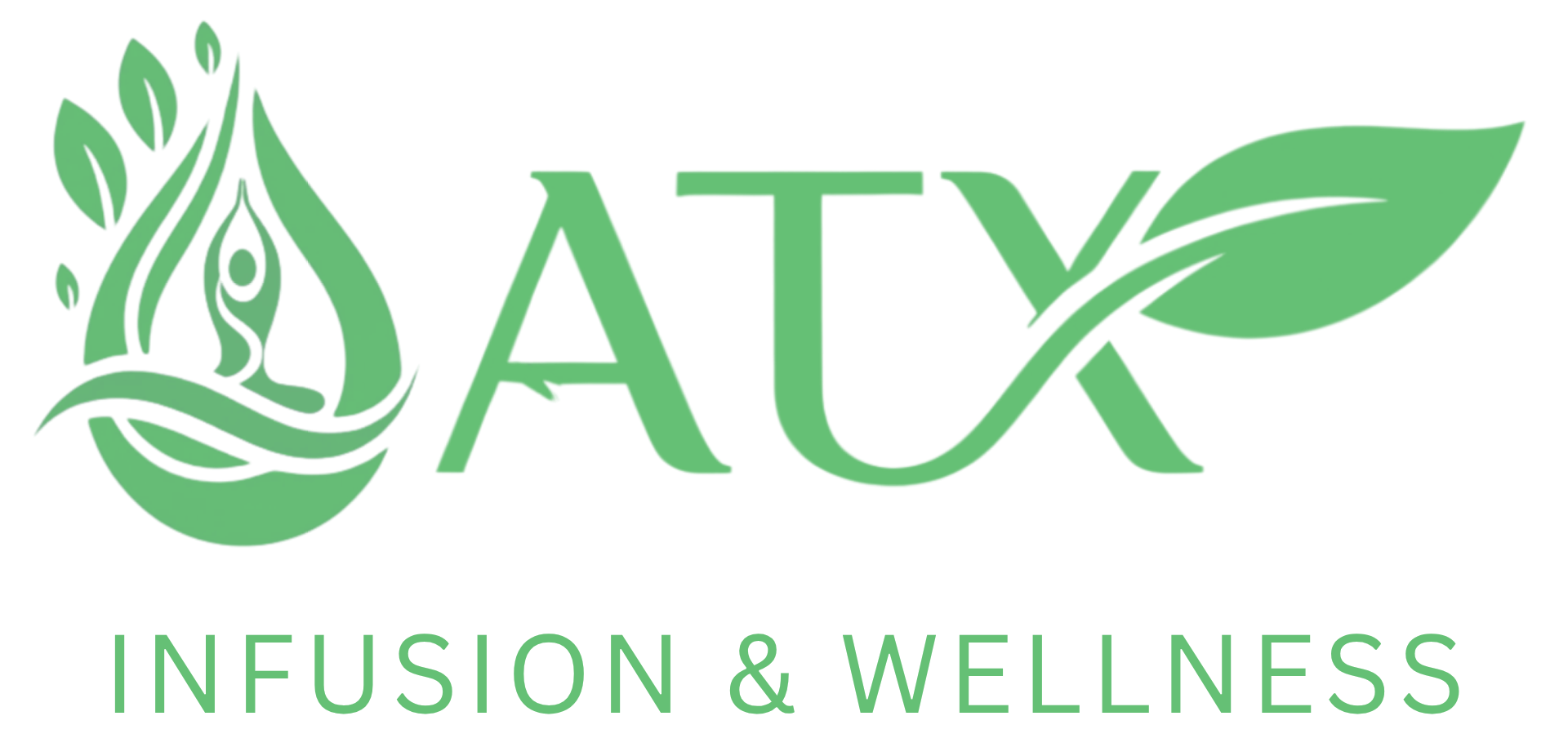Blog

Support Your Health Goals At ATX Infusion and Wellness, we view health as a whole-body experience. While it can be tempting to focus on one concern at a time, the most effective wellness strategies often combine different approaches to support the body’s natural balance. Cellular therapy is one option that, when integrated thoughtfully, could complement other lifestyle and medical interventions to help you pursue your health goals.

Rethinking Weight Loss When most people think about weight loss, they focus on calories, exercise, and willpower. But increasingly, science is showing that the gut plays a far more central role in regulating weight than we once believed. The health of your gut, specifically your microbiome and the signals that travel between your digestive system and brain, can strongly influence how your body stores fat, manages hunger, and regulates metabolism. At ATX Infusion and Wellness, we approach weight loss through a science-forward lens, offering treatments that support the systems behind the symptoms. Among the most promising tools for improving both gut health and weight regulation are therapeutic peptides.

A Smarter Way to Lose Weight GLP-1 medications like Tirzepatide and Semaglutide have quickly gained attention for their role in weight management and Type 2 diabetes treatment. But as more people turn to these therapies for support in weight loss, a new question has emerged: what happens to your muscle mass during the process? At ATX Infusion and Wellness, our approach to weight loss includes not just reducing body fat, but supporting whole-body health—including the maintenance of lean muscle. If you’re considering GLP-1 therapy, it’s important to understand how these medications work, how they may affect muscle composition, and how a comprehensive plan can help preserve strength and function.

A New Path in Healing and Recovery Cellular therapy, particularly through the use of mesenchymal stem cells (MSCs), is gaining recognition as a promising avenue for supporting the body’s natural healing process. While it is not a cure-all, and ongoing research is still uncovering the full scope of its effectiveness, many patients are now exploring regenerative medicine options to potentially aid in recovery from soft tissue injuries, joint issues, and other musculoskeletal concerns. At ATX Infusion and Wellness, our approach is rooted in scientific integrity. We offer regenerative therapies based on the latest research and individualized treatment goals, and we work with clients to help them understand what cellular therapy can and cannot do.

Exploring Hair Loss Solutions Hair loss affects millions of people, regardless of sex , and often becomes more noticeable with age, hormonal changes, or stress. As demand grows for effective, natural-looking solutions, two options often come up in conversation: hair restoration and hair transplants. While they may sound similar, these two approaches are quite different, especially in terms of invasiveness, cost, recovery, and results. At ATX Infusion and Wellness, we specialize in non-surgical hair restoration techniques that draw on regenerative medicine to support healthy follicle function. If you’re exploring your options, this guide will help clarify the key differences and why our non-invasive treatments may be a fit for your goals.

How Stem Cell Therapy Works for Injury and Inflammation Stem cell therapy has been one of the most discussed topics in the world of regenerative medicine. As research advances and therapies become more accessible, many people are exploring how stem cells might play a role in injury recovery, inflammation management, and overall health support. But what exactly is stem cell therapy, and how does it work? At ATX Infusion and Wellness, we believe in educating our clients with clear, responsible information. In this article, we will explain what stem cells are, how they are used in medical and therapeutic contexts, and what patients should know before considering treatment.

Breakthrough Medications for Weight Management Medications that support weight management and blood sugar control have seen major breakthroughs in recent years. Among the most promising are GLP-1 receptor agonists such as semaglutide and liraglutide, and a newer, dual-action medication called tirzepatide . While they are sometimes spoken about interchangeably, these treatments are not identical. Understanding the distinctions between them can help patients make more informed choices, especially when guided by a knowledgeable provider. At ATX Infusion and Wellness, we offer evidence-based therapies designed to align with each patient’s goals. This article will outline the fundamental differences between tirzepatide and GLP-1 medications—including how they work, what to expect, and what to consider.

A New Frontier in Cardiovascular Health Cardiovascular disease remains the leading cause of death in the United States, with atherosclerosis—characterized by plaque buildup in the arteries—playing a central role. While lifestyle changes and medications like statins remain the first line of defense, there is growing interest in regenerative therapies that may complement these approaches. Among them, mesenchymal stem cells (MSCs) have emerged as a potential tool to support cardiovascular function and reduce inflammation. At ATX Infusion and Wellness, we stay informed on cutting-edge research into cellular therapies. For patients considering MSC infusion, it’s essential to understand what current science supports—and where further research is needed.

Revolutio nizing Weight Loss with GLP-1 Medications at ATX Infusion The growing interest in GLP-1 receptor medications like Tirzepatide signals a major shift in how we approach weight loss and metabolic health. For those struggling with weight management or navigating type 2 diabetes, these new tools—when used responsibly and under medical guidance—offer new potential paths to results that may have felt out of reach with conventional methods alone. At ATX Infusion and Wellness, we offer personalized care grounded in science and safety. While IV therapies remain in steady demand, our forward-looking focus centers on hair restoration, regenerative medicine, and metabolic support through peptide and cellular therapies. This includes exploring the benefits of GLP-1 medications like Tirzepatide and the use of peptides that may support the pancreas and maintain muscle mass during weight loss.

Hair loss is often associated with men, but millions of women experience thinning hair , shedding, or receding hairlines as well. It can happen gradually or appear suddenly, triggered by hormonal changes, genetics, stress, nutritional deficiencies, or autoimmune conditions. Whatever the cause, the impact is more than cosmetic—it can affect confidence, self-image, and emotional well-being. At ATX Infusion and Wellness, we understand how personal hair loss can be. That is why we offer regenerative, non-surgical therapies that aim to support the body’s natural healing processes. While results vary from person to person, treatments using stem cells, exosomes, and growth factors may provide promising support for women seeking to address hair thinning and loss.

